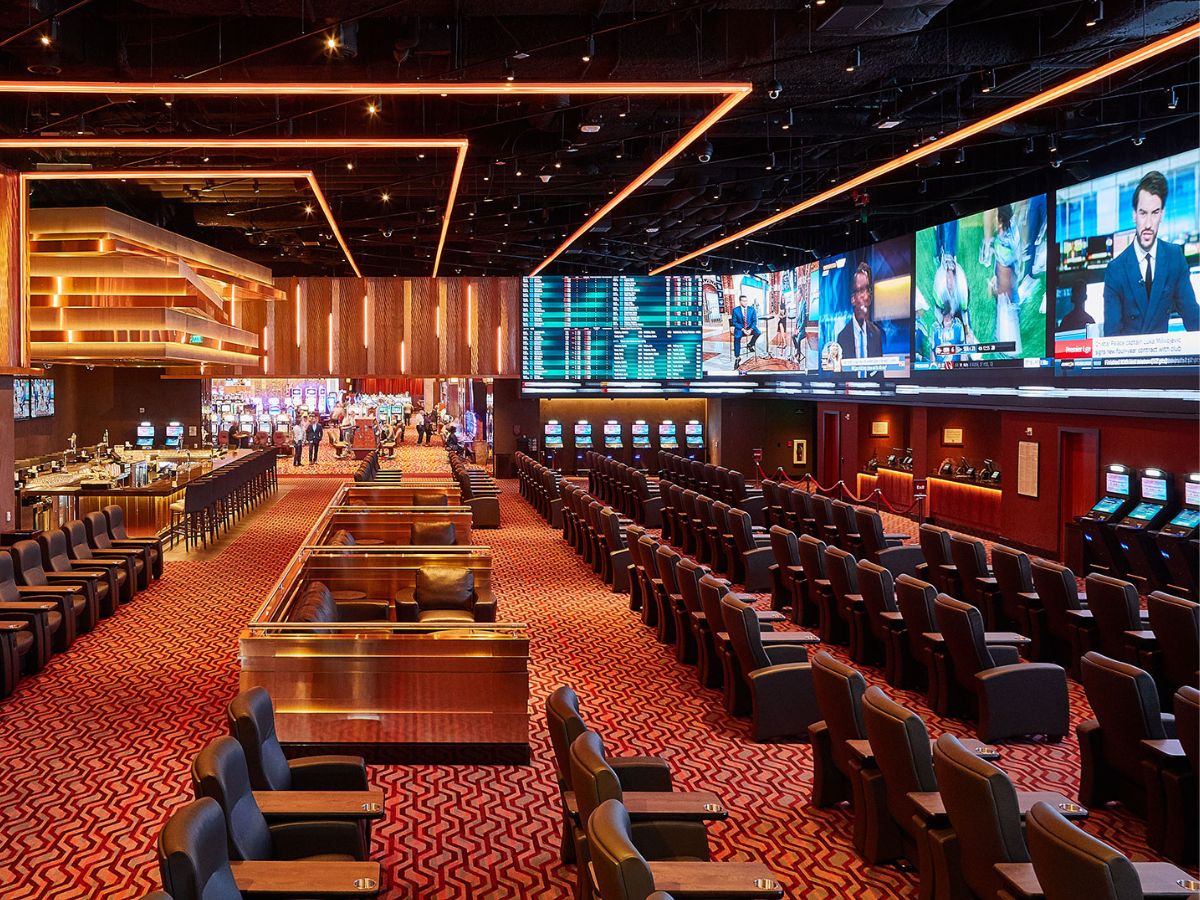
Casino games have captivated players for centuries, evolving from simple pastimes to intricate adventures that combine chance, strategy, and fun. From the early beginnings of gambling in cultures like Mesopotamia and Rome to the dazzling corridors of modern casinos, the history of these games uncovers much about our nature and our connection with luck. As societies have intertwined and innovation has progressed, casino games have changed, reflecting societal changes and developments in gameplay.
The initial iterations of gambling likely featured simple dice-based games and wagering on the results of sporting events. Over time, these basic forms of gambling grew into better-organized games like playing card games, the roulette wheel, and the myriad slot machines that line the premises of casinos today. Each era brought its own set of rules, visual styles, and cultural importance. At present, casino games continue to evolve with the rise of internet-based platforms, enabling players from everywhere to engage in a common experience, further fusing the traditional with the modern era.
Ancient Beginnings of Casino Activities
Gaming games have foundations that stretch back to old civilizations, where gambling was profoundly entrenched in cultural practices and cultural customs. The first known instances of gambling appeared in Mesopotamia around 3000 BC, involving simple die games made from bone bones. These early activities laid the groundwork for more advanced gambling games, demonstrating human beings’ innate desire to seek fortune and entertainment through chance.
As civilizations evolved, so did their betting interests. In early China, around 2300 BC, objects were unearthed that resembled early rudimentary versions of a lottery game game. More structured instances of betting developed in the ancient Roman Empire, where activities of chance were a frequent pastime, often occurring in community events. The Romans developed various wagering activities, which entailed dice and board activities, showing the pervasive nature of betting across various social classes.
With the movement of years, these early activities shaped the progress of modern casino activities. In the medieval period, playing card games grew prevalent in European culture, paving the way for the professional gaming venues we know today. The shift from casual betting to organized gambling in pubs and private houses marked a major change in how people engaged with activities of chance, leading to the subsequent creation of gaming houses as specialized places for gambling.
The Growth of Current Casino Gaming
The final 20th century marked a pivotal change in the field of casino games, fueled by tech innovations and changes in societal views towards gambling. The introduction of personal computers and the internet transformed the way gamblers interacted with their beloved gaming experiences. Online casinos emerged, enabling gamers to enjoy traditional casino classics like Texas Hold’em and blackjack from the comfort of their houses. This emerging digital landscape not only broadened availability to casino games but also drew in a fresh crowd who found the comfort and diversity appealing. MCW77
As digital gaming gained traction, so did developments in gaming technology. The advancement of high-quality software and visual elements converted conventional gambling games into engaging adventures. Players could now interact with live live dealers through live streaming, bringing the vibe of physical casinos directly into their homes. This fusion of live gaming with online platforms created a unique hybrid experience that boosted the community element of playing, making it possible for individuals to connect and challenge with others around the world.
Moreover, the emergence of gaming on mobile devices substantially changed the gambling environment. With the ubiquitous use of smartphones and tablets, gamblers can play their beloved gaming options at any location, at any time. Mobile applications offer a vast array of games tailored for touchscreens, catering to the dynamic lifestyle of contemporary gamers. This accessibility has led to rising participation in gambling, driving the exponential growth of the gaming industry. As a result, the future of casino gaming continues to evolve, adjusting to new technologies and shifting consumer preferences.
The Impact of Technology on Casino Games
Technology’s advancement has significantly transformed casino games, enhancing the overall experience for players for players around the world. As the internet emerged, online casinos were created, allowing players to play their preferred games from the comfort of their homes. This change not only made casino games more accessible but also expanded the variety of games offered, as online platforms could offer many different versions of traditional games without the physical constraints of brick-and-mortar establishments.
The rise of mobile technology further revolutionized the casino gaming landscape. With the proliferation, players now have the ability to engage in casino games whenever and wherever they want. This flexibility has resulted in the development of dedicated mobile applications and optimized websites that provide seamless gaming experiences. Additionally, advancements such as live dealer games have delivered the genuine feel of a casino into players’ homes, connecting between physical and online gaming.
Furthermore, advancements in artificial intelligence and virtual reality are leading to the next generation of casino games. AI enhances game design and player interaction, creating tailored experiences based on user behavior and preferences. Meanwhile, virtual reality offers immersive environments where players can interact in a virtual casino environment, making the gaming experience more exciting and lifelike. As technology continues to evolve, the future of casino games looks promising, filled with limitless opportunities for advancements and entertainment.
